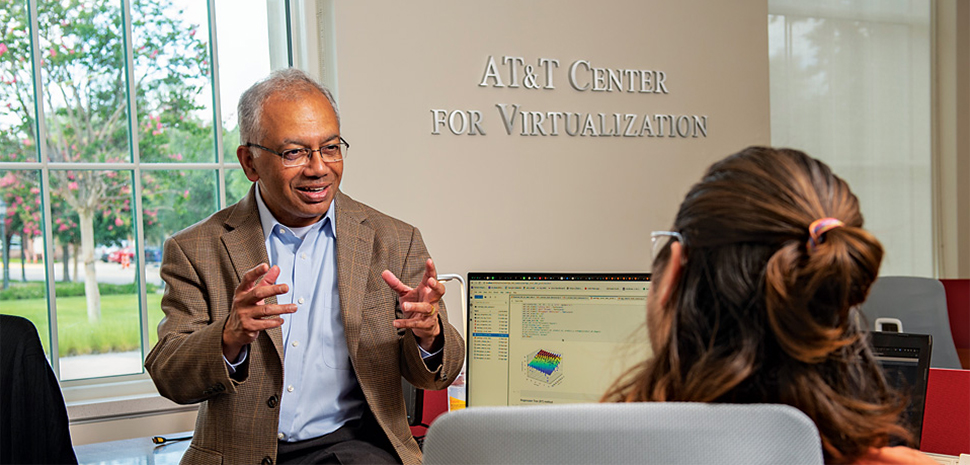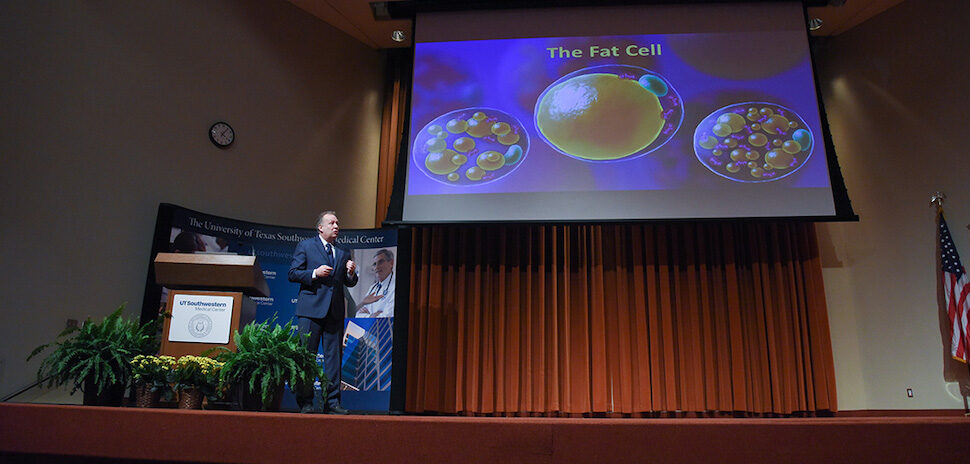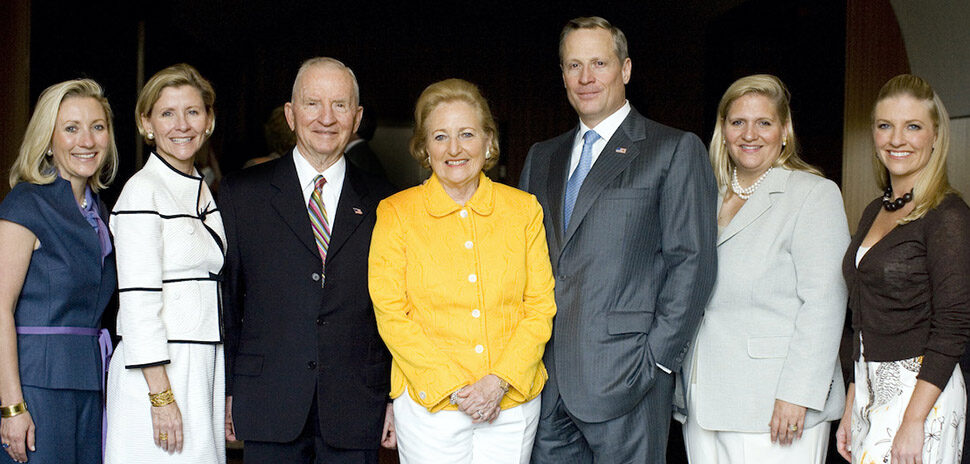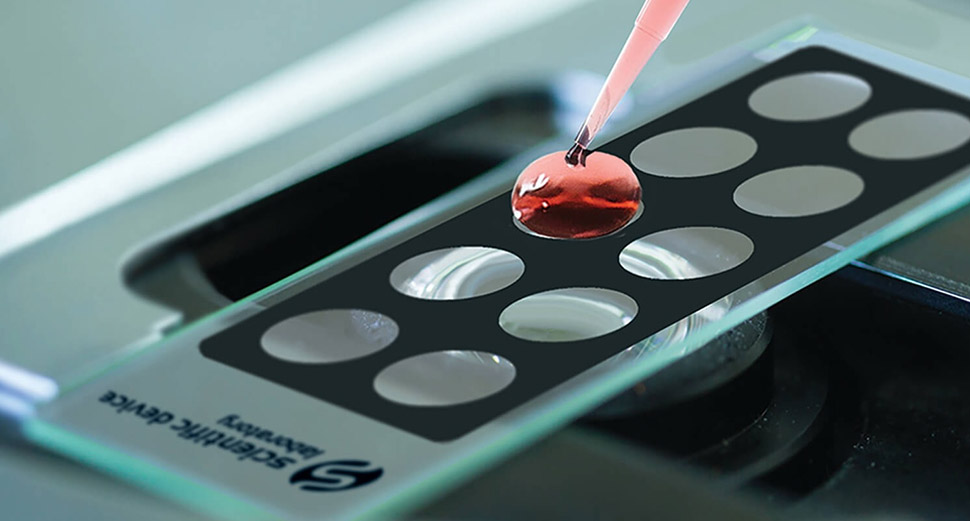Southern Methodist University announced Friday that Suku Nair has been named inaugural vice provost for research and chief innovation officer at the Dallas university. He assumes the position on Dec. 1 after serving as associate provost for research ad interim since June.
The appointment of Nair, a leader in computer science and engineering who’s been teaching and researching at SMU for more than 30 years, is part of a plan for SMU to achieve Carnegie Classification “R1” status, awarded to those universities with the highest levels of research.
“Dr. Nair took on his interim responsibilities with such focus and energy that it became clear to the search committee that we had in our sights the right person for this important position,” SMU Provost Elizabeth G. Loboa said in a statement.
Nair’s interim appointment followed the departure of James E. Quick, who in the spring completed his terms as associate vice president for research and inaugural dean of the Moody School of Graduate and Advanced Studies. Robin Poston joined SMU in August, following Quick as dean of the Moody School.
Occurs amid SMU’s evolution as a data-driven university
SMU said that the restructuring of these positions is occurring in tandem with SMU’s evolution as a data-driven university focused on interdisciplinary research with commercial value to the North Texas region while also addressing global challenges. The appointments of Poston and Nair will help in refining and executing the university’s strategy to attain “R1” status, SMU said.
SMU said that search committee members recommended this week that Nair be offered the VPR/CIO position full time.
“The search process has highlighted SMU’s research and innovation goals, steps needed for advancement, and the structures needed to sustain and advance SMU in line with our aspirations and trajectory,” Loboa said in a statement. “We believe that Dr. Nair has demonstrated the vision to move SMU forward, expand research, innovation, and entrepreneurship through partnerships within and outside SMU, and initiate a strong organizational structure and service culture for SMU’s Office of Research.”
Nair said in a statement that he’s grateful for the opportunity to support the university’s faculty, student, and research partners.
“The VPR/CIO’s office will support and guide a thriving research ecosystem that’s mindful of the needs and aspirations of the community,” he said.
Research supported by Nair is a University Distinguished Professor in the Electrical and Computer Engineering department in the Lyle School of Engineering and founding director of the AT&T Center for Virtualization at SMU. Also, Nair is the founder of the cybersecurity program at SMU, which has the NSA/DHS designation as a Center of Academic Excellence in Cyber Defense.
SMU said that Nair has published extensively in the area of high-assurance computing and networking.
Nair’s research has been funded by National Science Foundation, National Security Agency, and more
Nair’s research has been supported through funds from the National Science Foundation, National Security Agency, National Institute for Standards and Technology, Office of Naval Research, and various industries including Lockheed Martin, Alcatel, Raytheon, IBM, AT&T, and Google.
He has been a consultant to various IT, telecom, and cybersecurity companies, the university said.
Some of Nair’s recent awards include the Dallas 500 award and CIO/CTO award for Outstanding Tech Advocate from D CEO magazine, the IBM faculty award and, at SMU, the Ford Research Fellowship and the Distinguished University Citizen award. Nair received his Master of Science and Ph.D. in electrical and computer engineering from the University of Illinois at Urbana in 1988 and 1990, respectively.
The University of Texas at Dallas, the University of Texas at Arlington, and the University of North Texas already have attained Carnegie Classification “R1” status.
A nationally ranked global research university, SMU’s alumni, faculty, and more than 12,000 students in eight degree-granting schools demonstrate an entrepreneurial spirit as they lead change in their professions, communities, and the world, the university said.
![]()
 Go here for more DI People news.
Go here for more DI People news.
You’ll find a roundup of innovators to know in North Texas. DI People includes hires, leadership moves, and accolades. Send us your news here.
![]()
Get on the list.
Dallas Innovates, every day.
Sign up to keep your eye on what’s new and next in Dallas-Fort Worth, every day.





































































